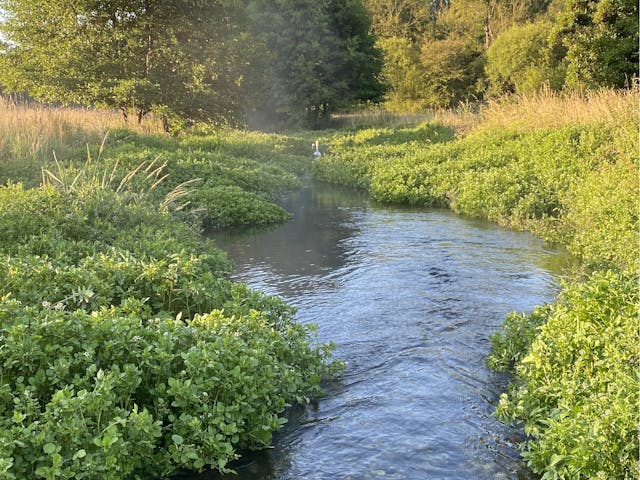
‘Brexit’ and EIA
With just two weeks to go until the EU referendum, and just under a year until the new Environmental Impact Assessment (EIA) Directive is transposed into UK law, we have been asking ourselves what would happen to EIA practice following an ‘exit’ vote? The answer is not entirely straightforward.
What we do know is that the new EIA Directive (2014/52/EU) will be transposed into UK law irrespective of the outcome on the 23rd June as the Directive is already ‘in force’. Furthermore, in the UK, EIA tends to be deployed through primary domestic legislation such as the Town and Country Planning Acts which are not influenced by European law. On this basis, in the short term at least, we would expect it to be ‘business as usual’ for ourselves and our clients.
Longer term, the UK could decide to mirror EU protection, perhaps as a condition of free movement of goods and services, but without input to its development or outcomes. This would be a similar model to that of Norway, which retains an arms-length relationship with the EU via membership of the European Economic Area (EEA). Most EU environmental law still applies to EEA states, including the EIA Directive and the EU environmental regulatory regimes relating to air and water. However, it is important to note that the Habitats Directive and the Birds Directive are specifically excluded from the EEA Agreement.
Alternatively, the UK could choose to redress the balance between facilitating development and environmental protection. For example, future government ‘tweaks’ could see EIA thresholds raised, effectively meaning that fewer developments will require EIA. Conversely, it is also possible that the UK could create more rigorous protection in domestic law, and there are examples where UK legislation does go further than the minimum requirements set out in EU Directives. However, this would also be possible should the UK remain in the EU.
As with all prospective change, there is uncertainty and speculation. Looking forward optimistically, there is also hope, both domestically, and from our current EU partners, that the good work and practice that has been invested in environmental protection wouldn’t be overlooked in an independent United Kingdom.
To assist our clients in preparing for the Directive, we have published a 10-point guidance note.










